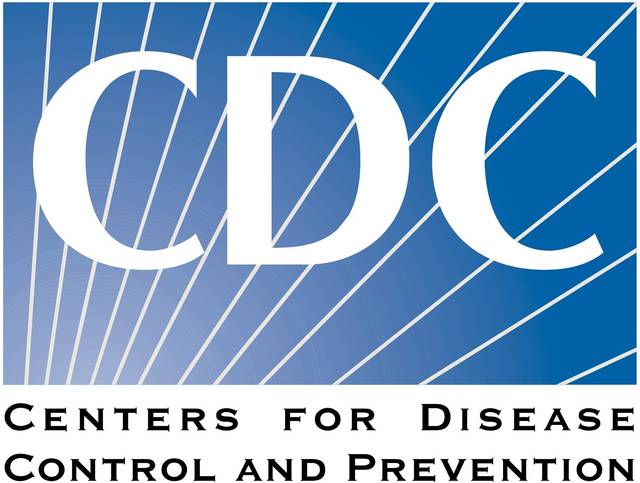
Reports of hepatitis C infections are on the rise in Fayette County and across the state, according to the Ohio Department of Health.
The number of hepatitis C infections increased in Fayette County from 64 to 100 in two years between 2014 and 2016.
The CDC said the increase in hepatitis C incidents is linked to the growing opioid epidemic.
Hepatitis C is a blood-borne virus commonly transmitted primarily through injecting drugs, and according to the CDC, that affects the liver. Hepatitis C can remain active outside of the body and live on surfaces for up to three weeks or longer, according to the CDC. Other studies indicated the virus may survive for up to six weeks outside of the body.
Nationally, hepatitis C incidents rose 1000 percent between 2011 and 2015, yet the number of hepatitis C infections that are reported annually does not represent the true scale of the problem, the Centers for Disease Control (CDC) claims. The CDC estimates there were 33,000 new incidents of viral hepatitis C in 2015 that were not diagnosed or reported to the CDC.
Of the 40 states that report hepatitis C infections to the CDC, there were 10 states (Florida, Indiana, Kentucky, Massachusetts, New Jersey, New York, North Carolina, Ohio, Pennsylvania and Tennessee) that accounted for 59.6 percent of the acute hepatitis C cases reported in 2015, according to the CDC.
Ohio’s hepatitis C incidents reflect nearly double the national goal for the spread of the infectious disease,with 19,294 cases of hepatitis C reported in 2015 to the Ohio Department of Health (ODH).
The virus is curable. A standard four-month treatment program may cost between $65,000 and $150,000.
The Ohio Department of Health recommends that people protect themselves to prevent the spread of hepatitis C:
• Do not ever shoot drugs. If you shoot drugs, stop and get into a treatment program. If you cannot stop, never reuse or share syringes, water or drug works, and be vaccinated against hepatitis A and hepatitis B.
• Do not share toothbrushes, razors or other personal care articles. They might have blood on them.
• If you are a healthcare worker, always follow Standard Precautions and safely handle needles and other sharps. Get vaccinated against hepatitis B.
• Consider the health risks if you are thinking about getting a tattoo or body piercing. You can get infected if: The tools that are used have someone else’s blood on them. The artist or piercer doesn’t follow good health practices, such as washing hands and using disposable gloves. The ink used for your tattoo is contaminated with someone else’s blood.
For people who do continue to use syringes, the CDC recommends sterilizing the syringes with bleach to prevent the spread of hepatitis C when sharing needles.
SafeTrade, 600 Pierce Dr., in Fairborn, is a health department-approved syringe exchange program in Greene County. The syringe exchange opened in November and according to SafeTrade, has just five clients. SafeTrade serves clients from any county of residence. Currently, none of its five clients are from Fayette County.


